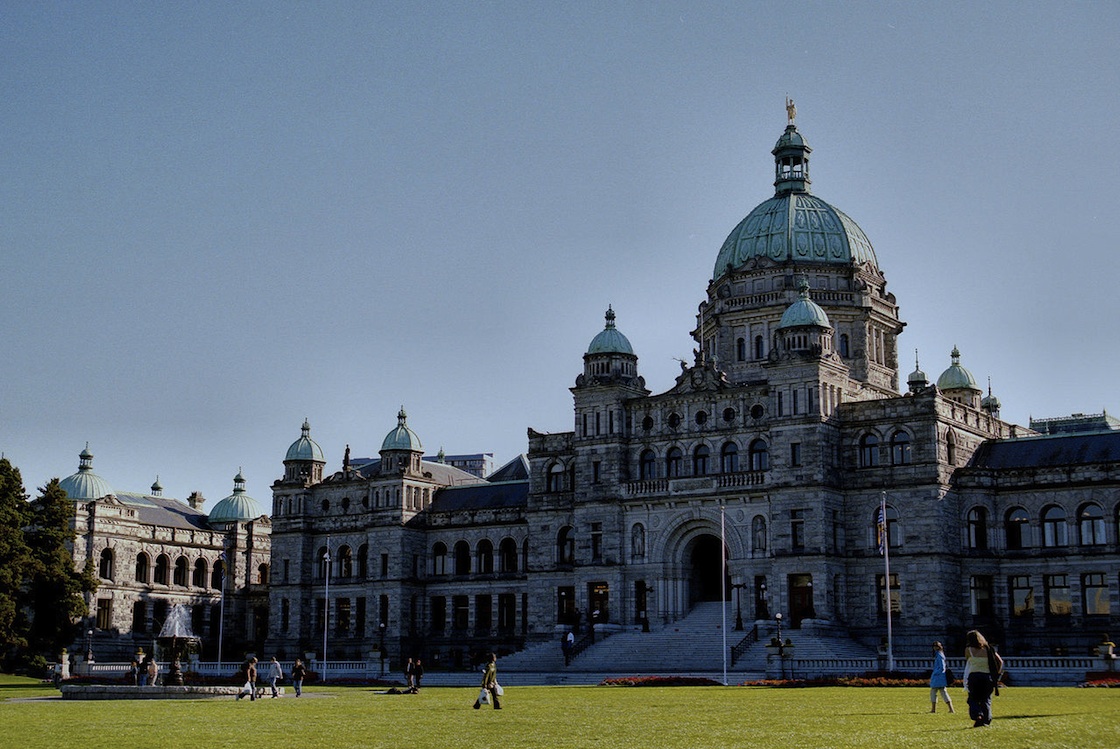VICTORIA – Poor single parents in British Columbia will no longer see their income assistance clawed back because of child-support payments, but Tuesday’s budget otherwise includes few new measures that will directly benefit families in the province.

The Liberal government’s almost singular focus on balancing the books only left enough money for relatively minor tax breaks while also requiring another increase in health-care premiums.
Ending the practice of clawing back child-support payments from income-assistance calculations will cost the government $32 million over the next three years. The province estimates about 3,200 families and 5,400 children will be affected.
It’s a change the Opposition New Democrats and anti-poverty advocates had been demanding.
The budget also includes more than $100 million in additional funding for Community Living B.C. over the next three years, as well as an extra $20 million to address the growth in disability assistance payments.
However, the province still lacks a broad anti-poverty strategy and there are no other measures in the budget to deal with the issue.
Last fall, an all-party finance committee made a number of recommendations to address poverty, focusing on social assistance rates and the minimum wage, as well as the child-support clawback that is addressed in the budget.
Finance Minister Mike de Jong said the government considered adjusting overall income-assistance rates but concluded the province could not afford a significant increase. He said it made more sense to target low-income parents who receive child support.
“Is there more that can be done that we’d like to do? Yes,” de Jong said. “We are trying to accommodate those interests within the context of being responsible stewards of taxpayers’ money.”
He said two previously announced programs for parents of young children that take effect this year will also help low-income families.
An early childhood tax credit starting April 1 will provide up to $660 a year for each child under six for child care. This is also the first year parents with children born since Jan. 1, 2007, can claim one-time contributions of $1,200 toward Registered Education Savings Plans.
The budget includes a small boost to the amount of money someone can earn before they pay provincial income tax, increasing the threshold to $19,000.
Parents with children in sports programs can currently claim up to $500 in registration fees, which translates to a maximum benefit of $25 a year per child. A new tax credit will automatically provide parents already claiming registration fees with an additional credit worth $12.65 a year for fitness equipment.
Health-care premiums will be increasing next January by four per cent. That hike means a single person will pay $3 more each month, for a total of $75 per month, and families will pay an extra $6, or a total of $150 per month. People already receiving assistance paying for their health-care premiums won’t be affected by the increases.
A two per cent tax increase introduced in 2013 for the province’s highest earners will expire, as scheduled, at the end of 2015.
Carole James of the Opposition NDP said her party was happy to see the government end the “callous” policy of clawing back income assistance, but she said families will also be hit with increases to health-care premiums, electricity rates, ferry fares, auto insurance rates and camping fees.
“This budget says everything about this government’s lack of support for low- and middle-income families,” James told the legislature.
“If you’re wealthy … you are going to share in a $230-million tax cut that you didn’t even ask for,” she continued, referring to the 2013 tax increase that expires at the end of the year.
De Jong bristled at the suggestion middle-income earners were left out of the budget. He said B.C.’s total provincial tax burden is the lowest in Canada, essentially tied with Alberta.
“To suggest that we are not attempting to distribute the benefits of our fiscal position and our growing economy I think ignores the fact that these are literally thousands of dollars that will be flowing to middle-income families,” he said.
Follow @ByJamesKeller on Twitter



Comments